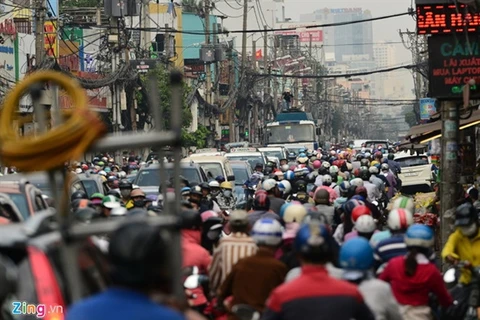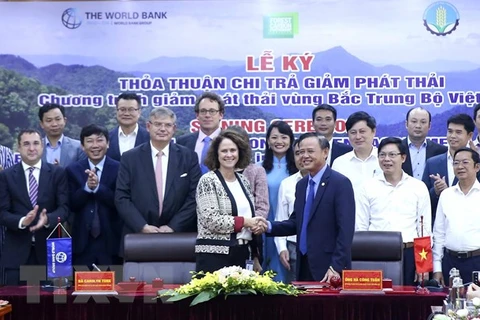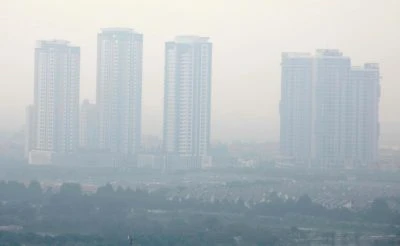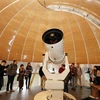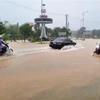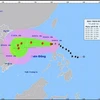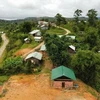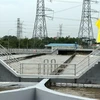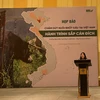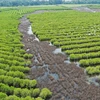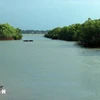Hanoi (VNA) – A research project by the Department of National Remote Sensing under the Ministry of Natural Resources and Environment (MoNRE) has for the first time used images provided by VNREDSat-1, Vietnam’s very first remote sensing satellite, in calculating carbon dioxide emissions.
Using the VNREDSat-1 imagery and geographic information system (GIS) application, the project completed digital databases on the ecological, soil and climate conditions of the country and the Tay Nguyen Central Highlands, as well as a database to calculate greenhouse gas emissions, while setting up maps for land cover in Tay Nguyen localities and its changes.
High-resolution images provided by VNDREDSat-1 help improve the accuracy of land-cover mapping, thus improving the reliability of calculation of the greenhouse gas emissions in different areas.
Director of the Ozone Layer Protection and Low Carbon Economy Development Centre under the MoNRE’s Climate Change Department Ha Quang Anh said that along with creating a giant stride in technology in Vietnam, the project helps policy-makers outline effective measures to mitigate indiscriminate mining exploration, and promote environmental protection.
The project showed that changes in forest reserves, biomass, and land uses have great impacts on greenhouse gas emissions in energy and agriculture, 20 percent of which is contributed by deforestation and changes in land use.
The Central Highlands, which accounts for 35.7 percent of the country’s forest areas, absorbs 50 percent of the nation’s total carbon dioxide emissions, the project reveals./.
Using the VNREDSat-1 imagery and geographic information system (GIS) application, the project completed digital databases on the ecological, soil and climate conditions of the country and the Tay Nguyen Central Highlands, as well as a database to calculate greenhouse gas emissions, while setting up maps for land cover in Tay Nguyen localities and its changes.
High-resolution images provided by VNDREDSat-1 help improve the accuracy of land-cover mapping, thus improving the reliability of calculation of the greenhouse gas emissions in different areas.
Director of the Ozone Layer Protection and Low Carbon Economy Development Centre under the MoNRE’s Climate Change Department Ha Quang Anh said that along with creating a giant stride in technology in Vietnam, the project helps policy-makers outline effective measures to mitigate indiscriminate mining exploration, and promote environmental protection.
The project showed that changes in forest reserves, biomass, and land uses have great impacts on greenhouse gas emissions in energy and agriculture, 20 percent of which is contributed by deforestation and changes in land use.
The Central Highlands, which accounts for 35.7 percent of the country’s forest areas, absorbs 50 percent of the nation’s total carbon dioxide emissions, the project reveals./.
VNA


